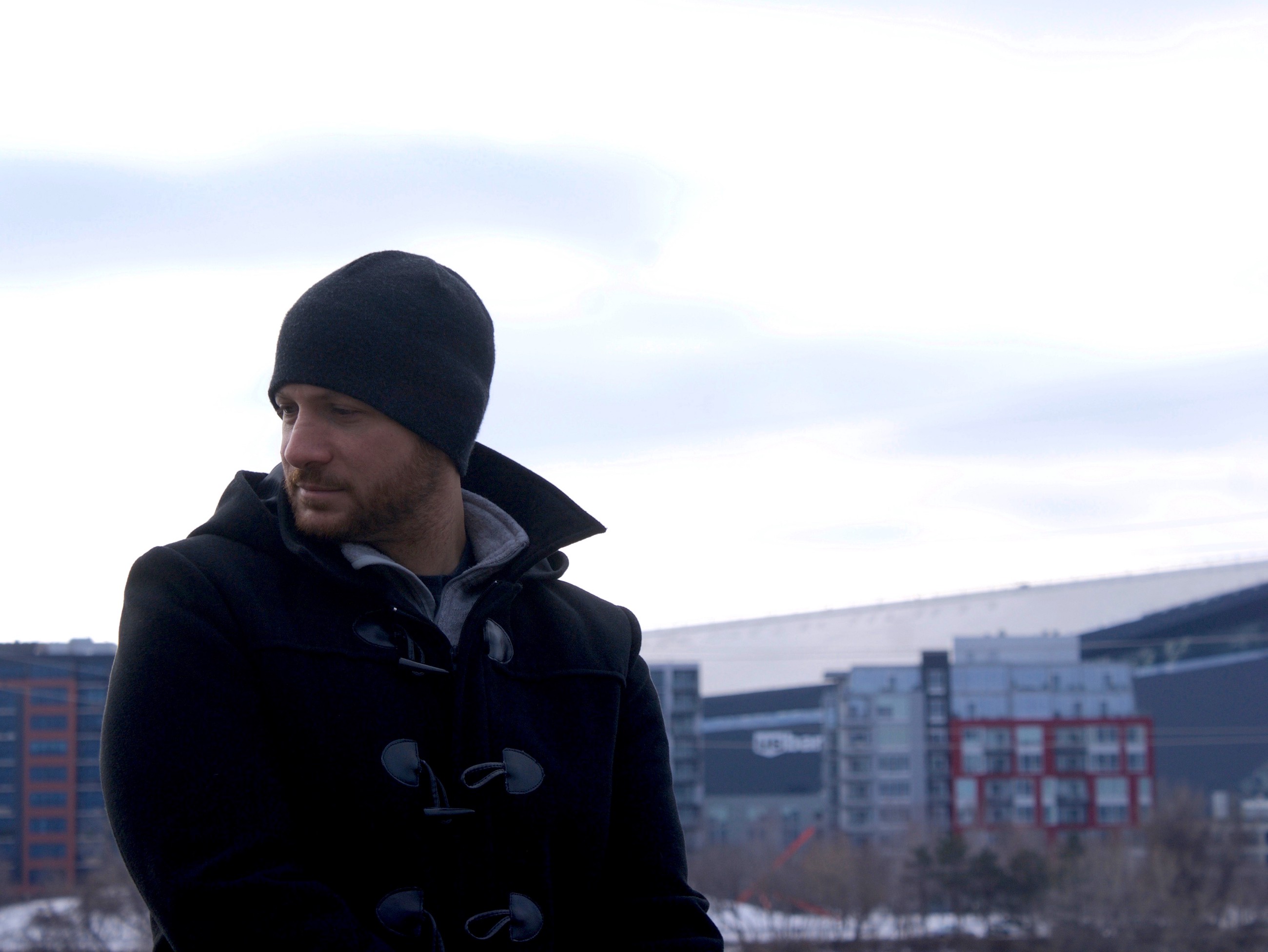As a part of my series about “Mental Health Champions” helping to normalize the focus on mental wellness, I had the pleasure to interview Ignacio Rosenberg is a renowned lighting and visual designer for the entertainment industry. Having started in nightclubs in Argentina, he’s since built an enviable career touring with acts such as Paul McCartney, Def Leppard, Disturbed, Janet Jackson and many more. Recently he’s taken a role as a Senior Designer focusing in the special events and corporate entertainment areas.
Thank you so much for joining us! Can you tell us the “backstory” about what brought you to this specific career path?
Design has served several purposes throughout my career, which have aligned themselves to where I was mentally at the time. In the beginning it was a way to combine arts and science; when I was touring it was more of a “band of brothers” mentality where we had to build, perform, and pack up a show in a day; and as I progressed in my roles it became more imperative to be able to project manage, deal with budgets and schedules, so the artistic side became an outlet to the managerial side. There’s always been an empirical side to it along an artistic side to it.
According to Mental Health America’s report,over 44 million Americans have a mental health condition. Yet there’s still a stigma about mental illness. Can you share a few reasons you think this is so?
I can only talk from personal experience but it’s hard to acknowledge something that’s seen as a weakness of the spirit. Mental illness takes many forms and I can see how the words “mental illness” brings up images of serial killers, schizophrenics, and deranged people. It’s part of not being willing to label one’s self with a pretty subjective term and have the other person try and identify what “level” one’s on.
Can you tell our readers about how you are helping to de-stigmatize the focus on mental wellness?
I just talk about it, and acknowledge it. I’ve definitely had my bouts of depression, and I think it’s part of being an artistically inclined person to be very in touch with how you feel. It comes with the highs being very high, but then the lows are very low as well. It’s highly unrealistic to think that anyone in my industry where we have insane schedules, no weekends, and spend so much time indoors, traveling, and away from family and friends; won’t at some point go through stuff. There’s already this structure of isolation, so if the only friends we have on the road or on show sites are one another…we should make that count.
Was there a story behind why you decided to launch this initiative?
Hindsight, absolutely. There was definitely a moment where I took a giant breath and realized how much I had been carrying. It also took time to realize I couldn’t pound a solution into me: it took a year after getting off the road to be able to meditate, and I work on it when I can. It just wasn’t going to happen until I was ready to get rid of all that baggage.
In your experience, what should a) individuals. b) society, and c) the government do to better support people suffering from mental illness?
I think the secret as an individual is to be able to talk about things without jumping to conclusions. If you say “depression” then the conversation instantly goes that way. But are you depressed? Is it deeper than that, or shallower than that? Are you maybe lonely? In that respect it’s also healthy to find your audience. I do better with one-to-one talks, some people like groups, some want to be anonymous. My girlfriend and I have talked a lot about the baggage we carry from past relationships and things that have happened at work. It made sense to acknowledge that the past experiences in one’s life forms who you are now, and understanding what happened makes us understand why we are how we are or behave in certain ways.
I’m in no position to talk about what society should do, because I think it is a highly private and personal thing and treating it as a blanket statement could maybe invalidate what some people are going through. As for the government all I can say is that there are probably several treatment options beyond medication that should be part of health insurance, and that there should be a much more focused attention in schools as to the wellbeing of kid’s minds. My sister in law taught meditation in schools for a bit and I think that’s an amazing idea. Have them quiet their minds a bit during the day.
What are your 6 strategies you use to promote your own wellbeing and mental wellness? Can you please give a story or example for each?
- Acknowledge it yourself. I can tell when I’m being pushed into a gloomy state and if I just realize it and accept it then I can work on fixing it.
- Find the root cause. It’s really easy to ignore the cause. I’ve always explained it as a one of those “black hole coin funnel” things you see at science museums, where you put a coin in a slot and it spirals into the center. I have to track back the steps and see what triggered it. Something pushed the coin off balance. It’s usually something minor that just ticked me off and analyzing that tends to stop the spiraling.
- Find a system that works. I don’t meditate every day, but when I do it helps a lot. I also know that I have to move and stretch before I do because if not all my little aches and stiffness will distract me. So I have that routine: wake up, drink some water, move and stretch, then meditate.
- Keep your mind busy. I find stewing on my own tends to push me into a darker mood but I found problem solving makes me instantly happy. If I’m working on a project, that is always problem solving. If I’m off then I’ll go to Brazilian Jiu Jitsu which is also physical and a series of personal puzzles.
- Move. I definitely encourage activity. Move, exercise, use your muscles.
- Accomplish things. Kind of tying it all together I always feel a massive release when I accomplish something. Maybe it’s a major event like finishing a show, but when it’s 5 degrees in Chicago and I’m home something as simple as cleaning my house or cooking lunch will tip me off in the right direction.

What are your favorite books, podcasts, or resources that inspire you to be a mental health champion?
I get a lot of satisfaction from How I Built This because all those entrepreneurs have at some point struggled through so much, and then they overcome it. It’s a healthy reminder everyone stumbles at some point. On a more direct line I listen to Broken Brain Podcast, and The Budokon Mover Podcast.
I don’t read a lot about this but The Miracle Of Mindfulness is a great book and I gift that a bit. If you’re into running (I’m not…I really wanted to be but I’m just not) there’s a book called Running With The Mind Of Meditation that is apparently amazing as well.
As for other resources I recommend The 5 Minute Journal (I use the app), as well as Oak and Insight Timer to meditate to. Also, join a gym!
Thank you so much for these insights! This was so inspiring!


